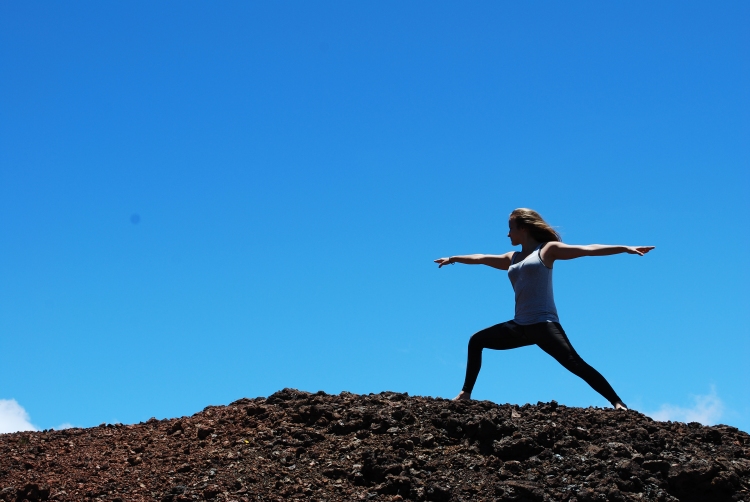
Karmas are said to be our thoughts and actions. With the time, our karmas turn into samskaras, aka habits. Those habits will also turn into vasanas, aka personal qualities.
Now … if we nurture positivity, kindness and honesty, our actions and thoughts will be positive and good. Our samskaras or habits will be full of love and kindness. And subsequently our personal qualities will change for the better.
With that being said, let us not focus on the end result. As for everything: Let us enjoy the journey. If we want to change a bad habit or a “fault”, let us try to change our daily actions, words or thoughts. Step by step, we will manage to “shade off” or erase our bad habit.
An example, you ask?
If we want to stop gossiping or judging a book by its cover, we shall be more aware of how we treat and consider people. We can work on stopping ourselves (or apologising) everytime we tend to be too judgemental or mean. Little by little, we will become more aware of our behaviour.
Then, this “positive” mindset will turn into a habit. We will be listening to people and feeling their struggles or pain, instead of judging them or being malicious.
Our “newly-acquired” quality will then be understanding and broad-mindedness, instead of contempt or rigidity.
